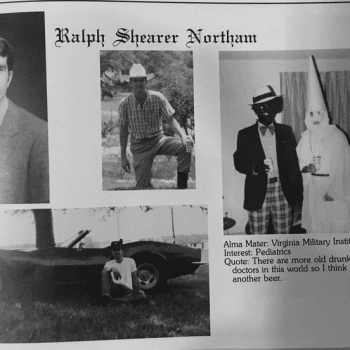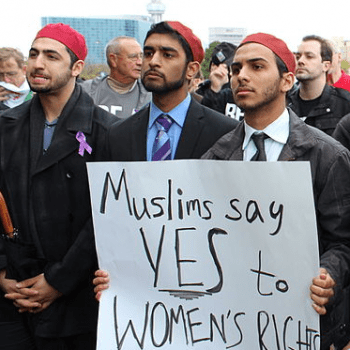The George Zimmerman trial and acquittal raises important questions that we as a society must address. The most pressing of these is whether all fears are equally justified, along with it’s corollary: whether one’s belief that one might be seriously harmed should be taken as face value by a jury or should it be evaluated for plausibility.
As a woman, I appreciate a law that says if a man accosts me in a dark parking lot and grabs my wrist I don’t have to scream for help while he drags me into his car, nor do I have to try to break away and run for it; I can defend myself, even if that requires lethal force. At the same time, I have to admit that if a large, well-muscled man approached me at night in a nearly empty parking lot to jump his dead battery, I would be nervous, if not outright scared. Not because he did anything in particular to provoke that fear, or because his request was out of line, but because he was a big, strong male and this sounds like the kind of ploy men have used in the past to abduct women, rape and kill them.
Objectively, it’s pretty clear to me that there is a huge difference between someone trying physically to force you into his car and someone coming up and asking if you can help him. Objectively, I know that there’s a strong probability the first stranger does indeed want to hurt me, and that there is very little probability that the second one does. Objectively, I know that there is just as much likelihood that a skinny guy will be out to abduct me as a big, brawny one. But that doesn’t change my fear. Would I be justified in killing the first guy? Maybe. Would I be justified in killing the second? I can’t fathom any moral system that would say yes, not unless he did something more concretely threatening than simply being a guy dealing with a spot of bad luck.
Much of the Zimmerman trial reflects this dilemma. The testimony about Zimmerman being a poor fighter, weak, Trayvon being on top and banging his head on the concrete were all an attempt to show Zimmerman’s fear of significant harm, or even death, was justified. But little attention appears to have been focused on whether Zimmerman’s initial fear — that Trayvon was in the neighborhood to steal or wreak other havoc — was justified. Nor does there appear to have been any discussion of whether Zimmerman ought to bear responsibility for initiating the contact. It isn’t such a stretch to imagine that Trayvon was afraid that Zimmerman meant to harm him. Unfortunately, Trayvon can’t testify as to what he was thinking, or fearing, when he stood his ground and fought back.
Which brings us to the most fundamental question of all… do we really want to live in a society where fear is the common denominator of all our interactions, and where people’s fears are enough to justify lethal force? Or do we want to live in a society where we minimize fears, where we recognize that our fears of the other, of black males, or men with beards and women with veils, are based upon stereotypes that have little to do with reality?
As a woman who might benefit from these laws, as a white person who recognizes that our society predominately stigmatizes people who don’t look or talk like me, and as a Muslim who might be on the receiving end of such stigma, I refuse to live in fear of the other, especially to live in fear generated by ignorance and stereotyping. I hope for a world where people can come together to understand and appreciate our diversity, much like the verse in the Qur’an that tells us we were created in nations and tribes so we might learn from one another. I believe that we have the responsibility to evaluate our fears, and to eradicate those that are unjustified, rather than to take our fears as a justification for creating a society where we all look at one another with suspicion and then act upon those suspicions with violence.











